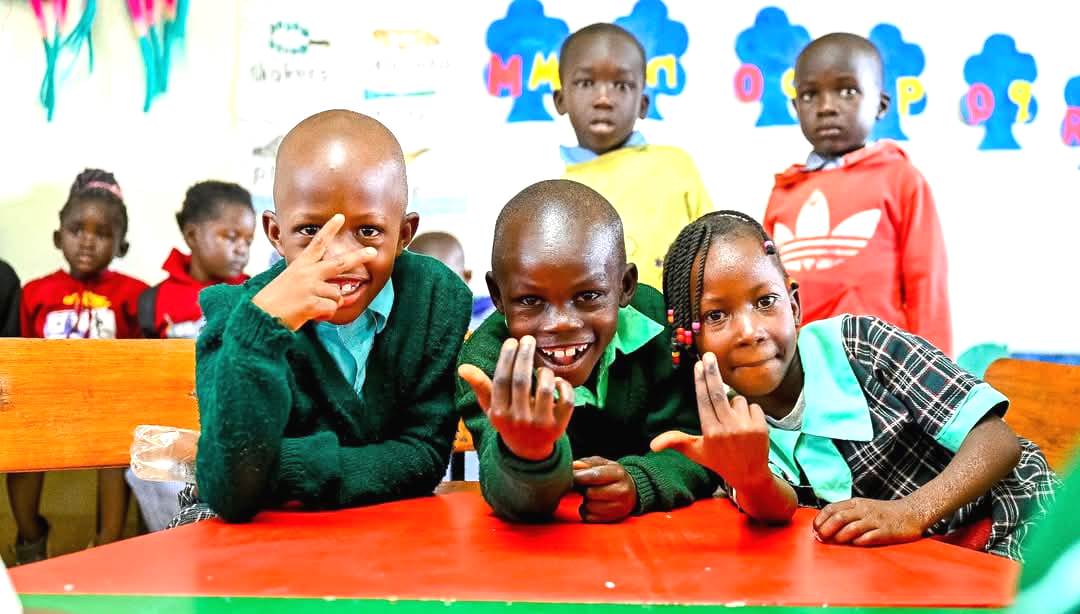In most cases, students select subjects while in Form 2. Then in Form 4, they select courses. What they choose for a career depends on the choices they made in form 2.
Consequently, the Kenya Universities and Colleges Central Placement Service (KUCCPS) cluster them for courses as per the subjects passed in KCSE.
Group of Subjects
Subject selection focuses on 6 groups of subjects.
Group 1: Three compulsory subjects — English Kiswahili and Mathematics.
Group 2: Three Sciences — Biology, Chemistry and Physics.
Group 3: Humanities such as Christian Religious Education (CRE), Islamic Religious Education (IRE), Hindu Religious Education (HRE), Geography, History and Government.
Group 4: Technical subjects like Home Science, Agriculture, Computer Studies, Aviation Technology, Woodwork, Metalwork, Electricity, Power Mechanics, Building and Construction, Art, Drawing and Design
Group 5: Humanities and foreign languages; Business Studies, Kenya Sign Language, Music, Arabic, German and French.
Factors to consider in selection
The first factor is academic performance. None should select a subject where the performance is poor.
The second factor is the dream career. For instance, when a student yearns to be a medical doctor, then Biology and Chemistry should feature in the selection.
The third factor is the school selection policy. Schools have a tendency of making some subjects compulsory.
The fourth factor focuses on KCSE requirements.
The fifth factor is the judicious advice from career counsellors and professional experts. They should seek the counsel of well-informed authors, trainers and teachers.
Alongside these factors, it is good to make informed choices. In this exercise, ignorance is a disease, while knowledge is medicine. It is advisable to consult widely. Bad choices lead to future guilt and regret.
Subject selection criteria
According to The Essential Career Guide by KUCCPS and Discover Your Career Workbook published by Story Moja, students should enter at least 7 subjects from the afore-mentioned groups. Most of the time, they go for 8. They should select all group one subjects. They should select at least 2 subjects from Group 2. They should select at least 1 subject from Group 3. Then at least one subject from the remaining groups.
Selection pitfalls
It is wrong to select a subject due to whims of peer pressure. It is erroneous to listen to discouragements. It is utterly wrong to focus on the family academic history. It is misguided to select a subject because it is full of fun. It is wrong to select a subject because the teacher looks funny or friendly. It is erroneous to select a subject simply because it looks easy. Nothing is easy. Nothing is difficult. Every subject requires effort. When you want to pick what is under the bed, you must bend.
Cut-off and cluster points
Ideally, KUCCPS determines varsity cut-off points. The latest cut-off stands at C+ (plus) of 46 points. A cluster refers to a group of related courses that require similar subject combinations. There are currently 23 clusters (Degree groupings) e.g. STEM (Science, Technology, Engineering and Mathematics).
Lastly, apart from weighted cluster, universities decide the cluster points for every course. The maximum cluster is (12×4 = 48).
In case it is a Bachelor of Science (BSc) course, they will pick two relevant Sciences – Biology, Chemistry, a language (English/Kiswahili), Mathematics/Physics.
For an art-based course, they will pick a language, a humanity, a technical subject and Mathematics or any Science.
The writer rolls out career talks and training services in schools. He offers one-on-one career counselling, coaching and mentorship at the Penman Centre in Nairobi and on Zoom Webinars. vochieng.90@gmail.com. 0704420232
By Victor Ochieng’
Get more stories from our website: Education News
To write to us or offer feedback, you can reach us at: editor@educationnews.co.ke
You can also follow our social media pages on Twitter: Education News KE and Facebook: Education News Newspaper for timely updates.
>>> Click here to stay up-to-date with trending regional stories






